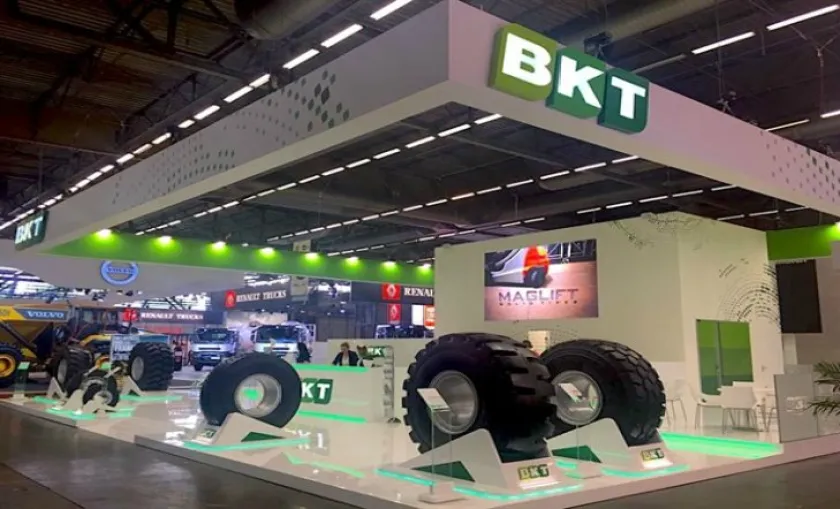Balkrishna Industries, a prominent tyre manufacturer, witnessed a remarkable surge of 8% in its shares during early trade on May 21, reaching a fresh 52-week high. This surge follows the company’s impressive Q4 earnings report, which exceeded market expectations.
The company reported a substantial 87.4% increase in net profit, amounting to Rs 486.8 crore compared to Rs 260 crore in the previous year’s corresponding period. Additionally, revenue for the fourth quarter showed robust growth, reaching Rs 2,682 crore, a 16% increase from the previous fiscal quarter.
At 9:40 am, shares of Balkrishna Industries were trading at Rs 2,996.8 apiece on the NSE, marking a 7.1% increase from the previous session’s closing price.
International brokerage Nomura upgraded its rating on Balkrishna Industries to ‘buy,’ setting a target price of Rs 3,230 per share, implying a potential upside of around 15%. Nomura expressed confidence in the company’s strong growth momentum and anticipated a demand upcycle, aligning with recovery projections for global peers in H2FY25.
Motilal Oswal acknowledged the firm’s impressive Q4 performance but maintained a neutral rating, with an increased price target of Rs 2,535. Despite positive market sentiments, uncertainties in demand outlook, particularly due to ongoing geopolitical tensions, led to the brokerage’s cautious stance.
While retail demand in key global markets and India remains healthy, management refrained from providing volume growth guidance for FY25 due to uncertainties in key regions affected by geopolitical tensions.
In contrast, Citi and Kotak Institutional Equities retained their sell ratings on Balkrishna Industries. Kotak highlighted near-term volatility and expensive valuations as concerns, maintaining a target price of Rs 2,175 per share, indicating a potential downside of 22%.
Despite the divergent views among analysts, Balkrishna Industries’ shares have witnessed a notable climb of 30% over the past year, outperforming the domestic benchmark Nifty 50, which gained approximately 23% during the same period.



